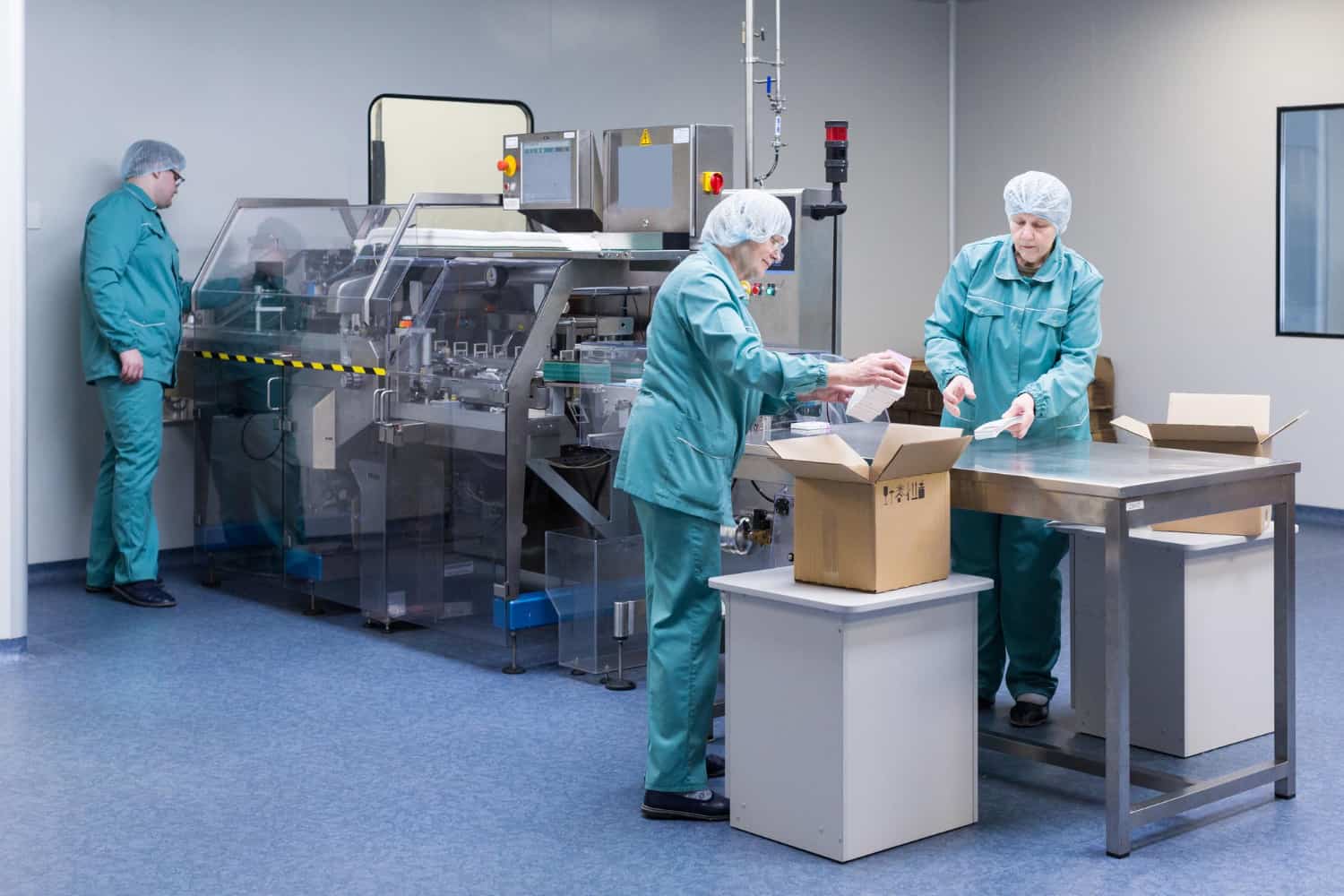- Phone: 306-970-1552
- connect@gentleprocessing.ca
- 18-301 South Industrial Dr. Prince Albert, SK S6V 7L7, Canada

In the realm of food safety, the critical importance of microbial safety in food processing cannot be overstated. As the demand for processed foods continues to rise, ensuring that these products are free from harmful microorganisms is paramount to safeguarding public health and preventing foodborne illnesses. This article delves into the cutting-edge advancements in microbial testing, control, and monitoring within the realm of food processing, shedding light on the strategies employed to ensure the safety and quality of processed foods.
Microorganisms play both beneficial and harmful roles in the world of food. While some contribute to fermentation and flavor development, others can lead to spoilage and pose health risks.
Contamination of processed foods with pathogenic microorganisms can result in foodborne illnesses, causing symptoms ranging from mild discomfort to severe health complications.
Modern microbial testing methods have evolved to offer rapid and accurate detection of harmful microorganisms. Techniques like PCR (Polymerase Chain Reaction) enable the swift identification of specific pathogens.
Next-generation sequencing technologies provide a comprehensive view of microbial communities in food. This helps identify potential risks and tailor safety measures accordingly.
Innovations in biosensors and nanotechnology allow for real-time monitoring of microbial contamination. These devices offer instant alerts when unsafe levels are detected.
Gentle Processing™ is on the cutting edge of food manufacturing technology. This process uses pure energy to heat the food item uniformly. This eradicates bacteria and microbes while retaining the flavour and nutrients within the product.
Cold plasma technology generates a mix of reactive oxygen and nitrogen species that effectively eliminate pathogens on surfaces without affecting food quality.
The Internet of Things (IoT) facilitates real-time monitoring of temperature, humidity, and other critical factors in the food processing environment. This ensures optimal conditions for preventing microbial growth.
Blockchain enhances traceability by recording every step of the food supply chain. This ensures transparency and accountability in case of contamination incidents.
As consumer preferences evolve, food processors must adapt their safety strategies to accommodate new processing methods, ingredients, and consumption patterns.
Meeting stringent food safety regulations and standards is crucial. Food processors must stay updated on regulations to ensure legal compliance.
Implementing microbial control measures while maintaining product quality and taste requires a delicate balance.
Food processors, researchers, and technology developers collaborate to create holistic solutions that encompass testing, control, monitoring, and prevention.
Advancements in microbiome research may lead to personalized food safety recommendations based on an individual's microbial makeup.
The field of microbial safety in food processing continues to evolve rapidly. Continued research and innovation will drive improvements in safety measures.
Microbial safety in food processing stands as a linchpin in ensuring the health and well-being of consumers. By harnessing cutting-edge advancements in microbial testing, control, and monitoring, the food industry can mitigate risks, prevent foodborne illnesses, and uphold the quality of processed foods. As technology advances and interdisciplinary collaboration thrives, the future of microbial safety promises even more sophisticated and effective strategies for safeguarding the global food supply.